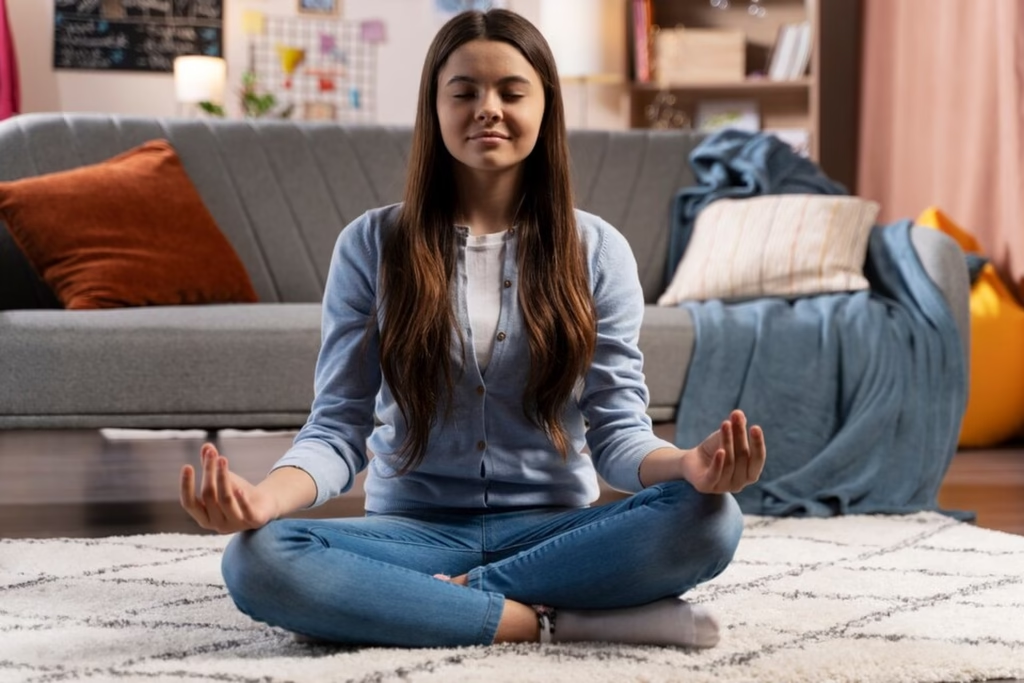Now Reading: The Impact of Social Media on Self-Esteem
-
01
The Impact of Social Media on Self-Esteem

The Impact of Social Media on Self-Esteem
You can also note that social networks are an integral part of our lives. We see what all our friends are up to and we share our activities and post pictures of where we are and what we are doing. But all the same, there are many issues that need to be addressed regarding the actual role that social media plays in people’s self- esteem. Self-esteem is a person’s perception towards themselves, and we need to know how these social media change these perceptions.
Positive Effects of Social Media on Self-Esteem
Self-Expression and Social Connection
Social media is useful when it comes to voice out from oneself and forming relations with other people. Here are some ways it can positively impact self-esteem:
- Showcasing Achievements:
Social networks help us to boast or show someone what he knows or has done in his life. When people like, comment, or applaud the post, then, we received validation and feel like we are belonging to this digital community.
- Joining Communities:
One main concept in social media is found in ability to find groups and associations of like-minded people. This could go a long way in seeking to eradicate feelings of loneliness whereby we feel like we belong to a particular group.
- Building Confidence:
This is where we can share some of the stories and experiences which will help in building the confidence. When people value and support what we post, and do, it makes us feel good about ourselves.
Negative Effects of Social Media on Self-Esteem
- Social Comparison
Another area of being critical to social media is the cultivation of social comparison. Here’s how it can negatively impact self-esteem:
Upward Social Comparison: The effects that are seen on the social media are the finest moments of people’s lives hence making people make upward social comparisons. This means we organize our thinking around what others are doing which appears more successful than ours; or we compare ourselves to others who appears more attractive.
Unrealistic Expectations: Social media often presents unrealistic and curated versions of others’ lives. This can make us feel like we don’t measure up, leading to feelings of inadequacy and lower self-esteem.
- Cyberbullying and Online Harassment
Another significant negative effect is cyberbullying and online harassment:
Negative Interactions: Cyberbullying involves negative interactions and criticism that can severely damage self-esteem. It can make individuals feel worthless and harm their self-worth.
Emotional Impact: Being a victim of online harassment can lead to feelings of depression, anxiety, and loneliness, all of which can negatively impact self-esteem.
Individual Factors and Vulnerabilities
Pre-Existing Vulnerabilities
The impact of social media on self-esteem can vary greatly depending on individual factors:
Low Self-Esteem: People with pre-existing low self-esteem or mental health issues are more susceptible to the negative effects of social media. They may be more likely to engage in problematic social media patterns.
Personal Characteristics: How individuals navigate and perceive their online experiences also plays a crucial role. Some people may be more resilient to negative impacts, while others may be more vulnerable.
Signs That Social Media Is Affecting Your Self-Esteem
Here are some signs that social media might be negatively impacting your self-esteem:
- Negative Self-Talk
- Focusing on Shortcomings
- Feeling Inferior
- Depression and Anxiety
- Physical Symptoms
How to Maintain Healthy Self-Esteem on Social Media
Mindful Use
To avoid the negative impacts of social media on self-esteem, it’s important to use these platforms mindfully:
Limit Screen Time: Spend less time on social media to reduce the risk of negative comparisons and cyberbullying.
Focus on Real-Life Connections: Prioritize face-to-face interactions and real-life connections, which are crucial for building healthy self-esteem.
Promote Positive Environments: Engage in online communities that are supportive and positive. Avoid engaging with content that makes you feel bad about yourself.
Practical Tips
Here are some practical tips to help you maintain healthy self-esteem while using social media:
Take Breaks: If you’re feeling down because of social media comparisons, take a break from the platforms.
Don’t Compare: Remember that social media doesn’t paint an accurate picture of a person’s life. Avoid comparing your life to the curated versions you see online.
Focus on Your Achievements: Celebrate your own achievements and accomplishments, rather than focusing on others’ successes.
Final Words
By being aware of the potential impacts of social media on self-esteem and taking steps to use these platforms mindfully, we can help ensure that our online interactions support our mental health and well-being.





















